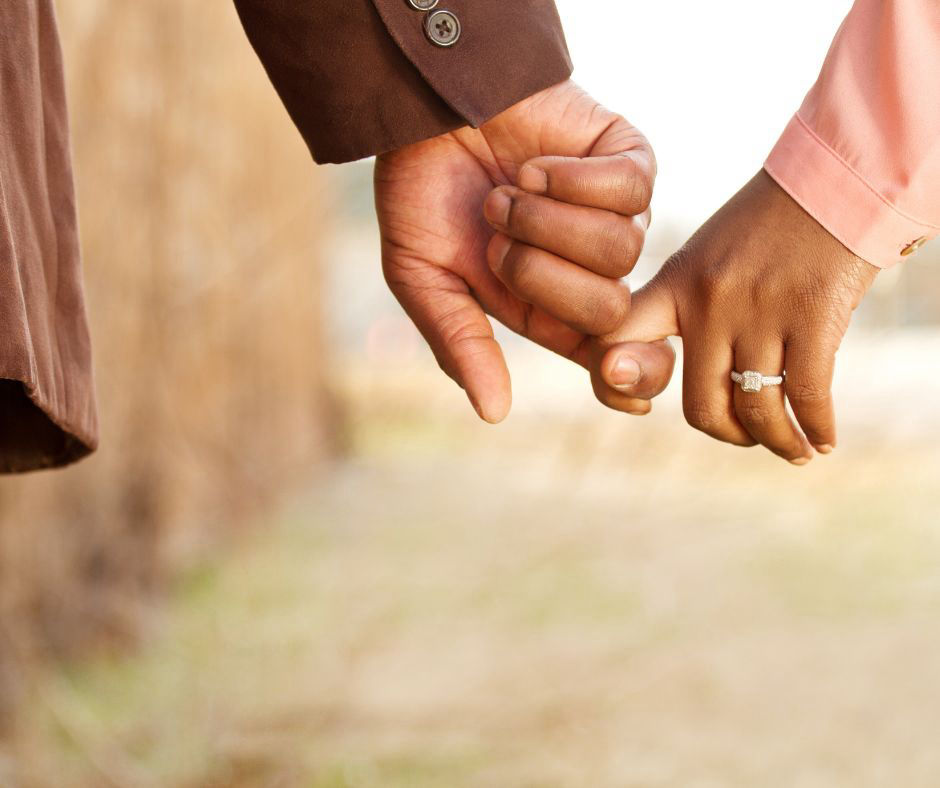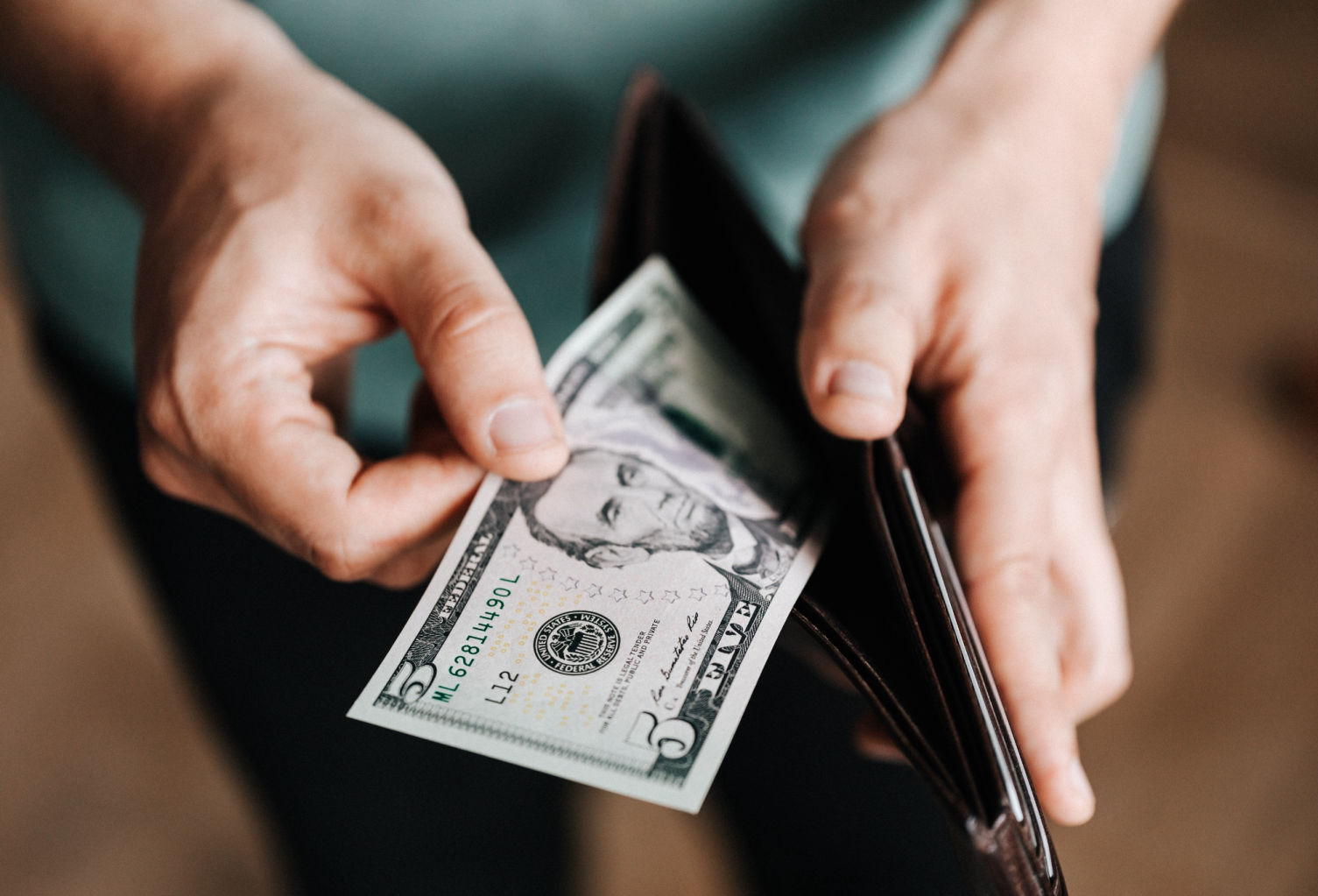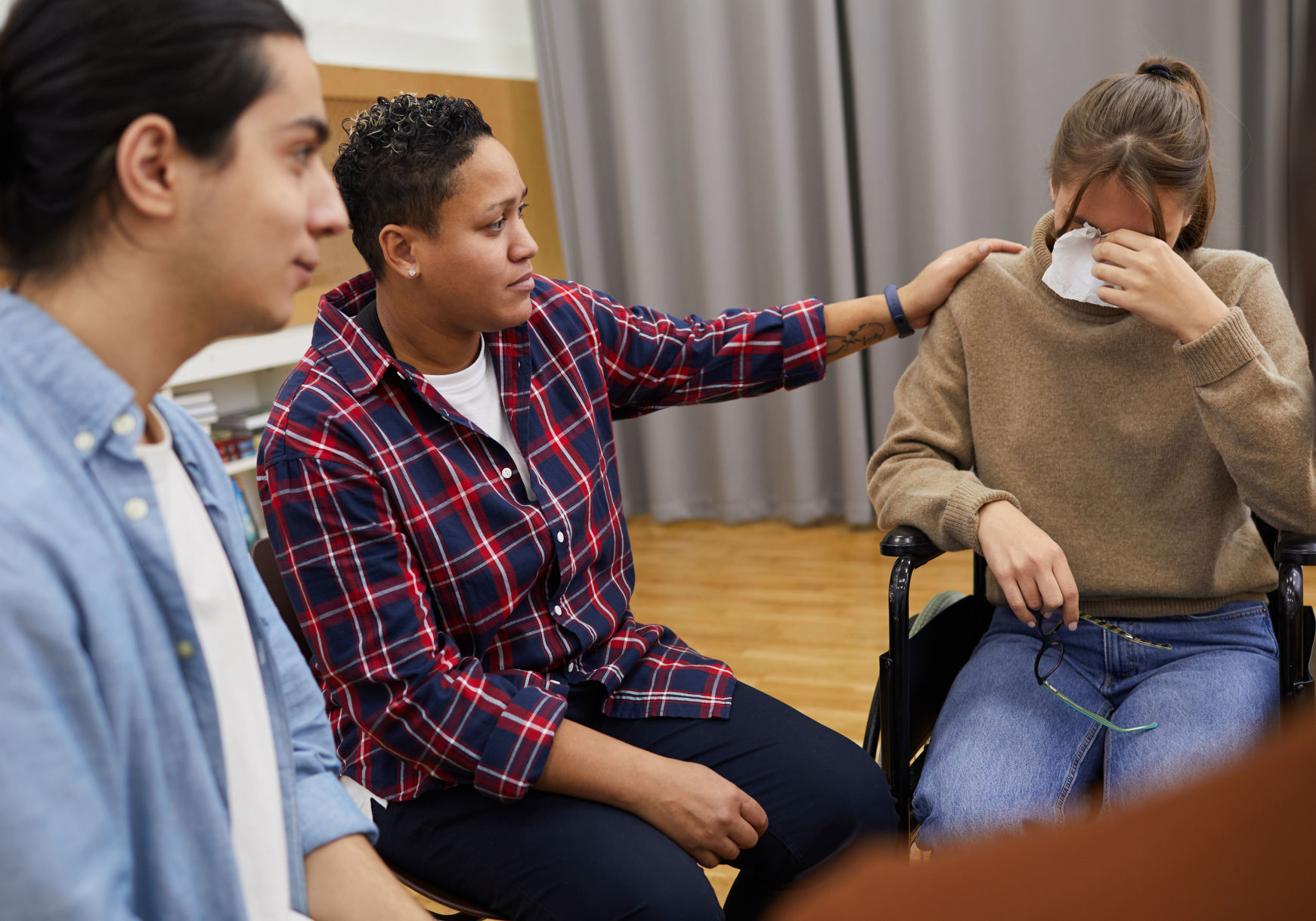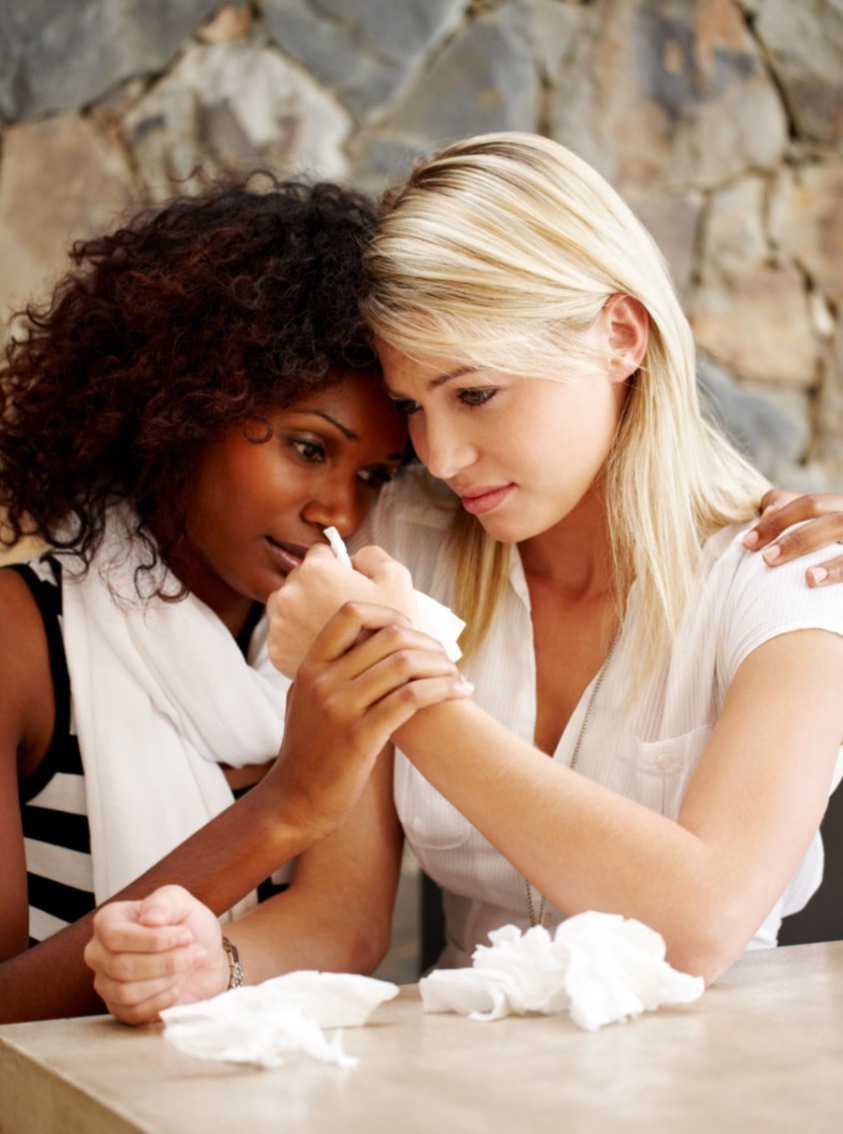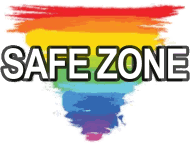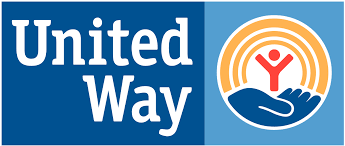INTIMATE PARTNER VIOLENCE (IPV)

Intimate Partner Violence (IPV) is abuse or aggression that occurs in a romantic relationship. “Intimate partner” refers to both current and former spouses and dating partners. IPV can vary in how often it happens and how severe it is. It can range from one episode of violence that could have lasting impact to chronic and severe episodes over multiple years.
What is Intimate Partner Violence? (IPV)
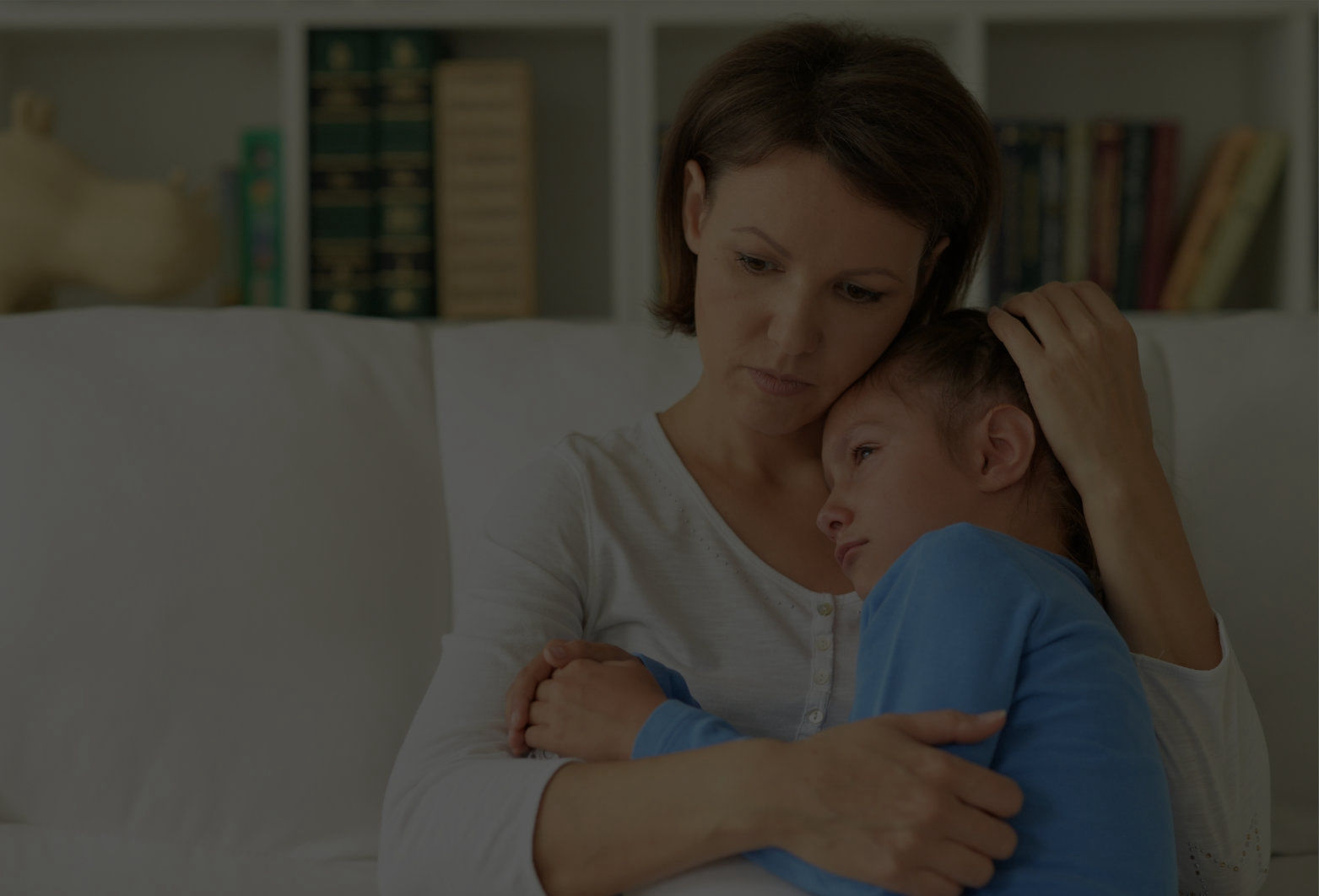
Abusive relationships can develop gradually. There is a definite cycle that combines the good times with often subtle abusive acts that allow the abuser to gain power and control over the relationship and, eventually, lead the victim to emotional dependence and learned helplessness. By the time a pattern has emerged there are often children involved, financial ties, and emotional bonds that are difficult to break.

